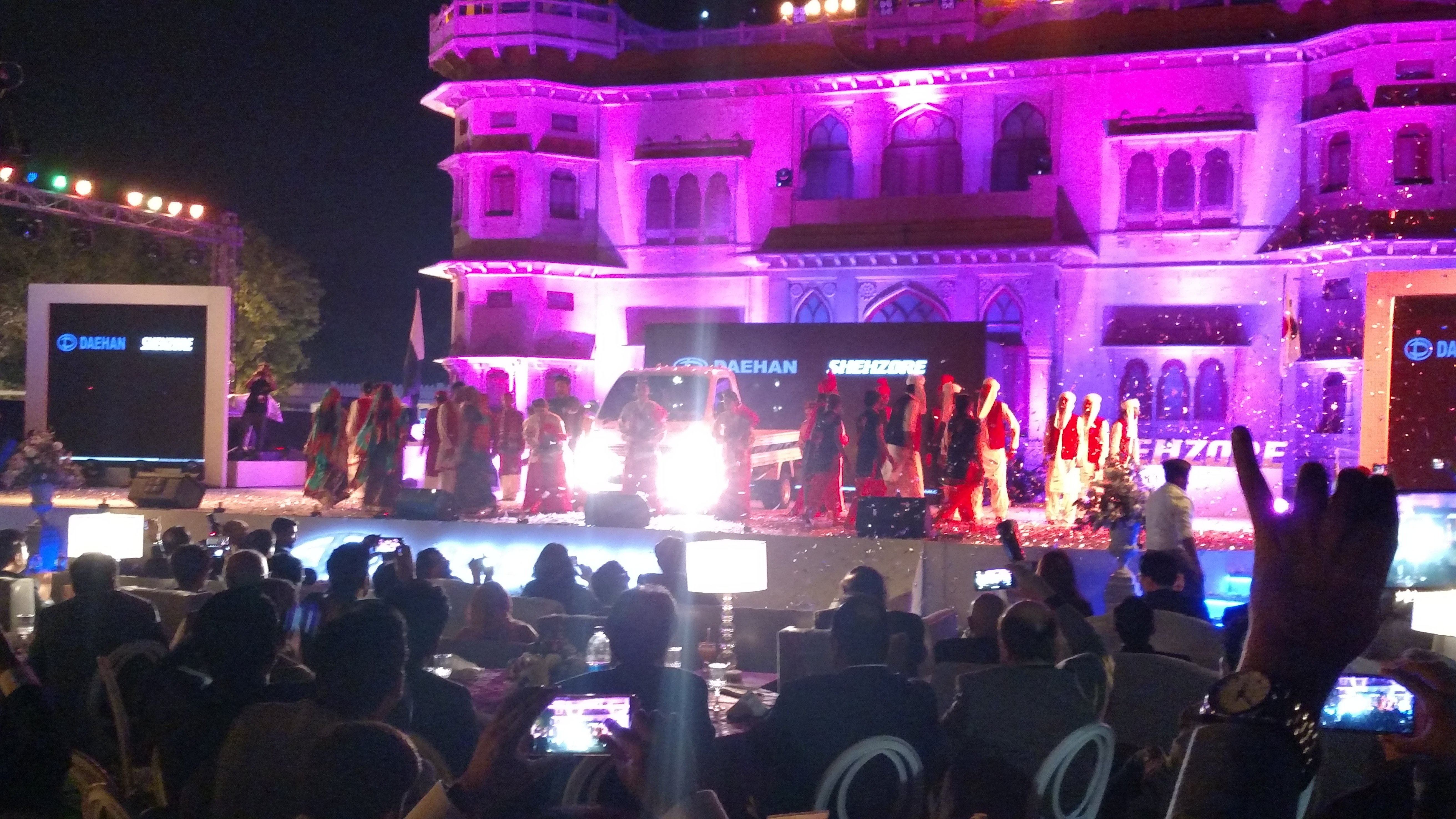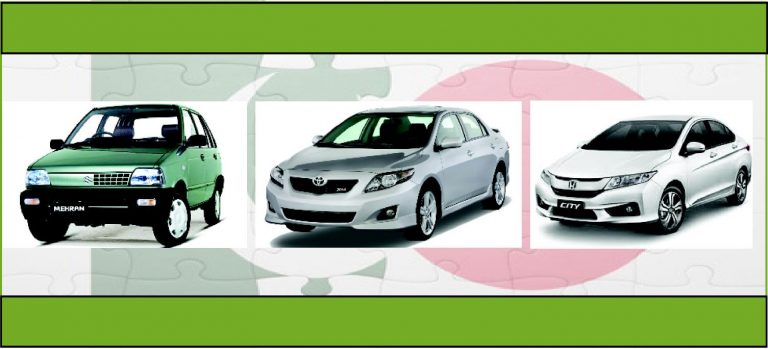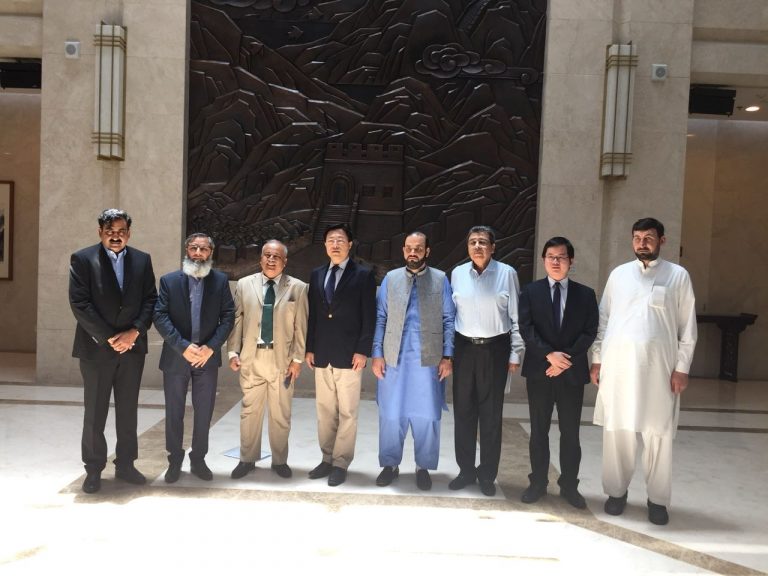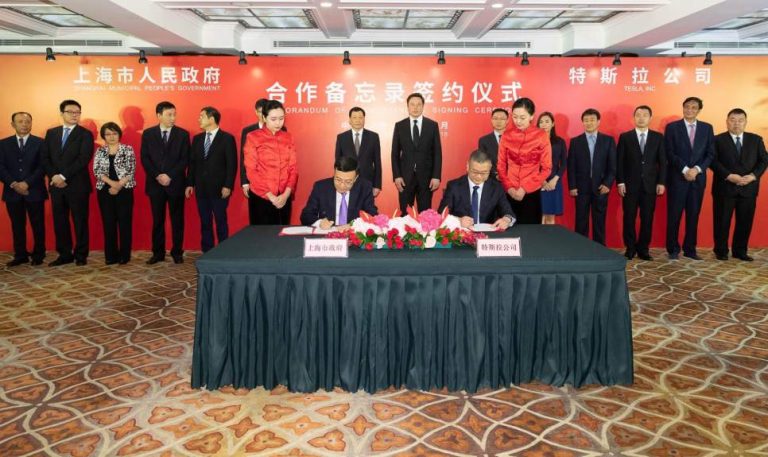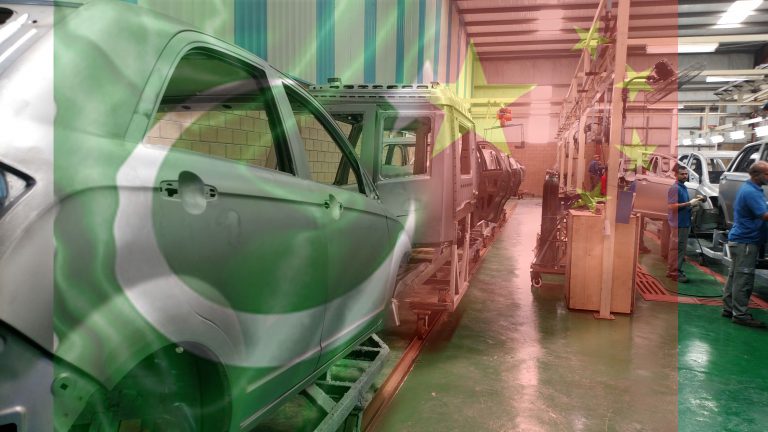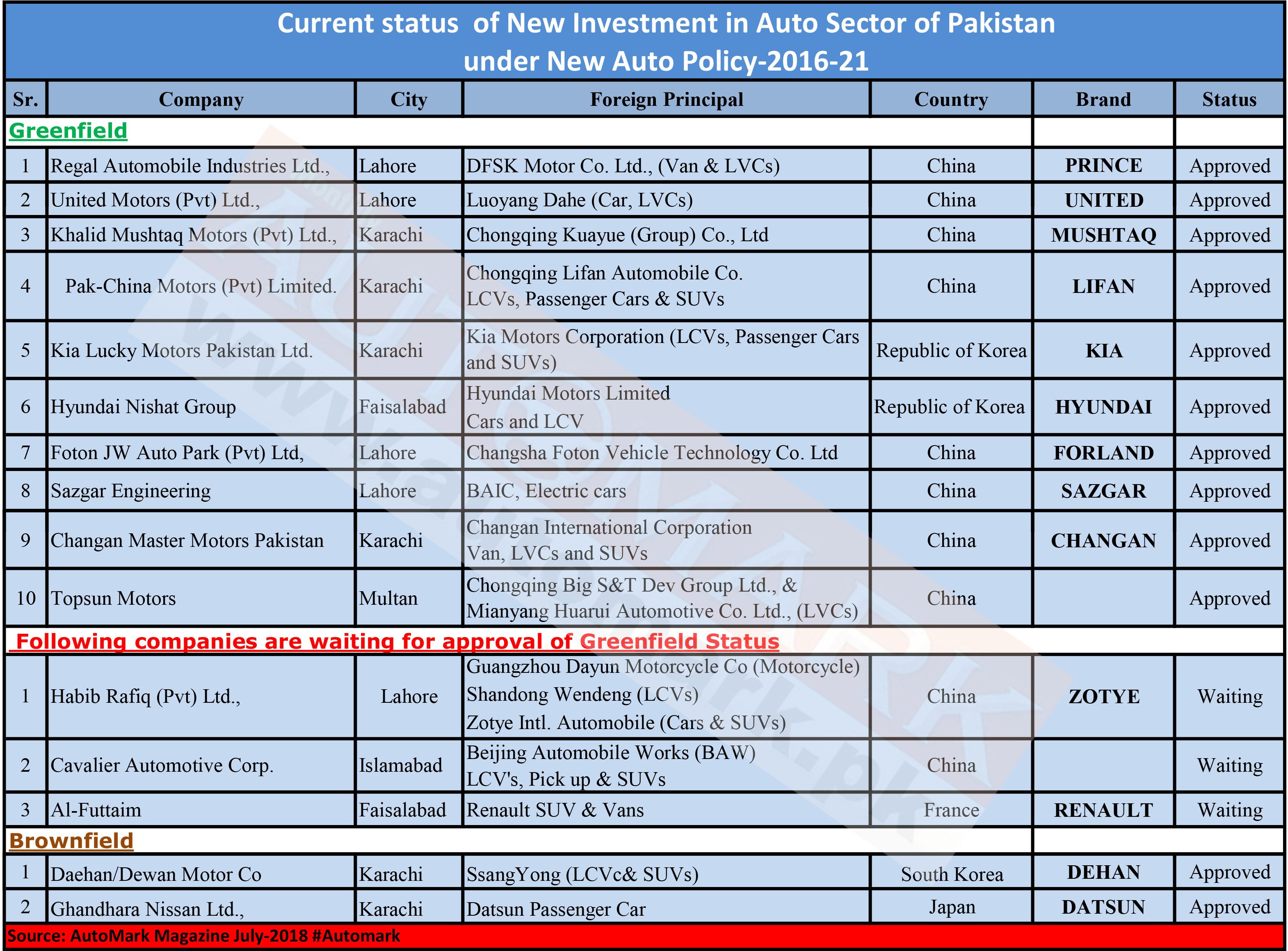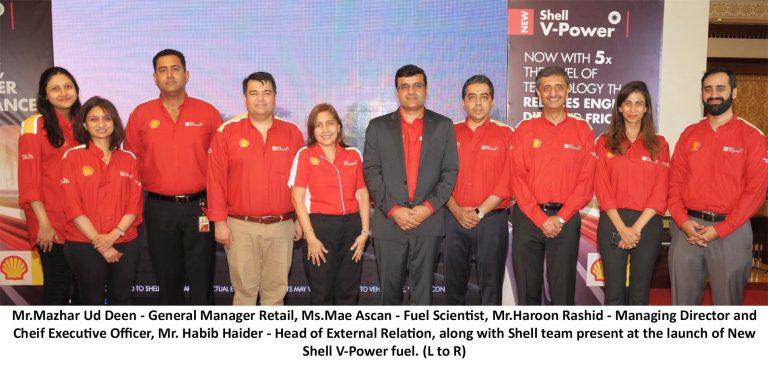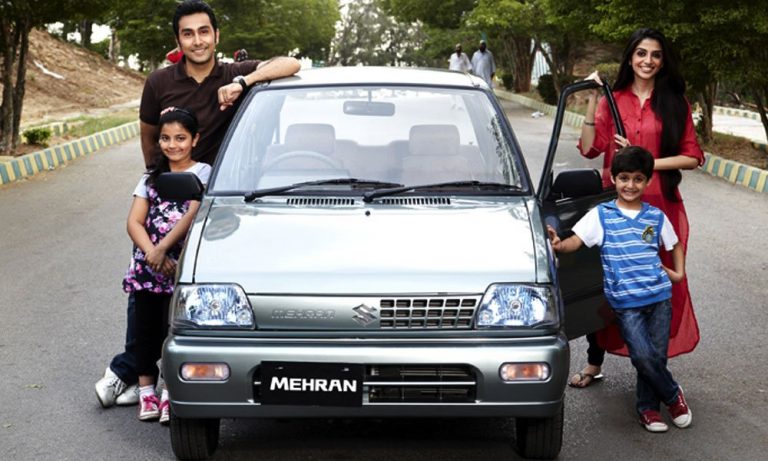Low parts localization hits consumers as car prices rise by two to three times in the last six months
The most notorious in terms of quality of parts and accessories and average assembling/finishing is definitely locally assembled Suzuki vehicles as believed by most of the consumers and car mechanics in Pakistan.
When most of the people appear highly unsatisfied with the quality of Suzuki vehicles it is not clear as to how much of them, who faces problems, reach the Pak Suzuki authorized showrooms directly or mange to sort out the problems with their old mechanics.
This negligence on the part of consumers is much evident from “no recall alert by Pak Suzuki so far” as compared to frequent recalls made by its Japanese counterparts like the assemblers of Toyota Corolla and Honda vehicles.
It means that Suzuki vehicles excel in quality than Corolla and Honda vehicles or the Pak Suzuki waits for the consumers to directly approach the authorized dealers and get the fault removed without running a print media campaign.
Another factor is that Suzuki vehicles do not offer any air bag or other safety measures as compared to Honda and Toyota. There is no hi-fi engineering involved especially in decades-old Mehran, Ravi and Bolan which can create any serious problems.
There is hardly any print media advertisement by Pak Suzuki that has alerted the consumers towards faulty parts or other issues. Even the website of Pak Suzuki also does not run any campaign over replacement of sub-standard parts. Hats off to Pak Suzuki!
Previous governments have never bothered to take notice about quality of cars being produced in Pakistan. The government leaves the matter between the companies and the car buyers instead of taking any serious notice over frequent recall alert by Indus Motor Company (IMC) and few alerts by Honda Atlas Cars Pakistan (HACP) over use of sub-standard parts.
High price of vehicles does not match with the low quality of parts. Besides, due to low localization level a number of hi-tech parts are being imported. Unfortunately, parts makers are also dependent on the import of raw material as many parts require foreign raw materials for their local assembly which is extra burden on national kitty in addition to direct import of parts. Any turbulence in rupee-dollar parity pushed up cost of imported parts which is to be paid by the consumers in terms of increase in car prices.
The assemblers are already on the rampage by pushing up prices two to three times in less than six months on the pretext of 14-15 per cent rupee devaluation against the dollar. It clearly means that no serious efforts have been made to improve localization.
The claim of achieving higher localization in cars up to 70 per cent looks more of twisting of figure rather than a practical reality.
It also indicates that imported parts and accessories arriving in the country also lack quality that cost consumers dearly. Honda Civic and City coupled with new Suzuki new Cultus, Wagon R, Swift etc have low localization thus resulting in higher parts import bill, a dealer commented.
After paying a handsome amount or almost 50 per cent of the cost of the vehicle in advance and waiting for four to six months, it does not justify for the auto industry to demand an increase in price at the time of delivery.
The reason being given for the increase is mainly due to rising cost of imported parts owing to the weakening of the Pakistani currency and not any increase in the government taxes or new levy.
The 17 per cent sales tax is paid at the time of invoicing. This means that the increase, which is usually substantial, does not justify having enjoyed customers advance for four to six months on the CKD kits already ordered.
The government needs to regulate the automobile industry on such matters as this unjust demand irks customers who is already suffering and ends up paying having no choice or being blackmailed.
Pakistan is probably the only country in the world where Suzuki, Toyota and Honda enjoy monopoly and this practice is allowed.
A thorough investigation is required on the justification on the increase by the government, who appears complacent or unaware of the suffering from a customers’ view.
Customer’s advance for delivery after four to six months has in actual, paid for the CKD kit at the existing exchange rate. Local vendors are contracted at a fixed cost of supply for a minimum six months.
No new government levy or increase in any existing tax/levy has been seen. “So why should a customer pay the increase,” argued a car dealer saying that most of the auto assemblers invest customers’ advance for short term investment. So where does the increase arise.
A private survey of auto industry by the government on increase in the price is essential, the dealer said.
With the current devaluation in the caretaker regime and more expected in coming months – bike and car prices may remain under pressure, he feared.
Import of SKD and CKDs went up by 21 per cent in July-May 2017-2018 to $731 million from $605 million in same period last fiscal.
Coming back to quality of cars, as per information available on website – the Indus Motor Company (IMC) had started recall alert in the name of “Special Service Campaign” from 2014-2015 in relation to Toyota Corolla (new model), bearing the following frame/chassis numbers.
Toyota Corolla 1.3L Xli / Gli, with chassis number from NZE170R-4000010 ~ NZE170R-4021654 (1.3 Xli & Gli) (purchased from August 2014 onwards). Toyota Corolla 1.6L Altis, with chassis number from ZRE171R-6000003 ~ ZRE171R-6001530 (1.6 Altis) (purchased from Oct 2014 onwards) and Toyota Corolla 1.8L Altis and Altis Grande with chassis number from ZRE172R-7000006 ~ ZRE172R-7006380 (purchased from July 2014 onwards).
Some customers of the above cited Toyota Corolla vehicles have faced difficulty in operating the Jack provided along with their vehicle, which is to be used for lifting up the vehicle. It is possible that the Jack may malfunction and not be able to take the load of the vehicle. In order to prevent any unforeseen mishap, IMC advised customers not to use the Jack assembly provided with the vehicle.
IMC initiated another “Special Service Campaign” in January 2016 for Toyota Hilux – imported model (2007 to 2011) – Driver side Airbag Inflator, Toyota RAV4 (Model 2003 to 2005) – Driver side Airbag Inflator and Toyota Avensis (Model 2003 to 2004) – Front Passenger side Airbag Inflator.
The company said the above vehicles are equipped with SRS airbags. The inflators of these airbags may be exposed to moisture intrusion over time. Moisture intrusion could make the inflator assembly more susceptible to rupture during a crash, resulting in potentially serious injuries to the vehicle occupants.
In May 2018 IMC made a fourth recall of Toyota Corolla vehicles in just 13 months taking the total recalls to 16,719 units. IMC informed buyers that the company is undertaking a special service campaign for 1,719 Toyota Corolla Altis 1.8L Grande manufactured between August 2015 and March 2016.
The above vehicles are equipped with Front Airbag Sensors which over a passage of time could malfunction causing the airbag warning light to illuminate with the possibility that the driver’s side airbag may not deploy during an accident.
IMC in February 2018 informed the vehicle owners that around 2,500 Toyota Corolla 1.8L Altis Grande (August 2015-January 2016 models) were equipped with front airbag sensors. The sensors can possibly malfunction with time, causing the airbag warning light to illuminate with the risk that the driver’s airbag may not deploy during an accident.
In February 2017, IMC had recalled 9,896 Toyota Corolla XLI, GLi, Altis and Altis Grande vehicles (2016-17 models) due to faulty brakes.
In June 2017 another 2,700 Corolla XLI, GLI, Altis and Altis Grande models after finding the mounting bolts of the front seats to be improperly tightened. Honda Atlas Cars Limited (HACL) in its website has again reminded its customers about the problem of malfunctioning of air bag inflator in various models.
Earlier in March and April 2017 the company in a light tone informed the customers that in Honda Civic (2006 to 2012 model), imported CRV 2008 to 2011 model and imported Honda Accord 2004 to 2012 model – SRS inflator pump may have a possibility of malfunction. Vehicle owners were asked to contact authorized dealers immediately.
Due to lukewarm response from the vehicle owners, the company in middle of October 2017 stepped up its earlier campaign with more details to showcase the worse-case scenario in a vehicle that has yet to have its Takata airbag inflator replaced.
As part of Honda’s Global Takata Airbag inflator campaign during airbag deployment, the company — airbag inflator body may explode into metal fragments due to excessive internal pressure. Inflator rupture may result in metal fragments striking and potentially injuring the vehicle occupants, Honda Atlas stated in the media campaign.
It is not clear as to how much the local assembler of Honda cars have completed Takata-related repair work.
Sources said some 40,000 Honda Civic model 2006-2012 alone had faulty Takata air bag.
The company is offering free new installation of two air bag (driver and passenger side inflator) costing at least Rs 35,000-40,000 units.
As per figures of Pakistan Automotive Manufacturers Association (PAMA), the production of Honda Civic from 2015-2016 to 2012-2013 has crossed 50,000 units.
Honda Civic 2006-2010 Takata-affected vehicles must have changed hands with multiple owners over the years, but the company is offering the installation of new bags to everybody who owns Civic right now.
In Pakistan the sales and revenue figures of IMC and Honda Atlas Cars Limited had so far remained healthier. The two auto giants in a bid to avert any big impact on sales initiated low profile media campaigns in March 2017, April 2017, October 2017 and May 2018 regarding replacement of faulty air bag.
IMC produced and sold 47,657 and 47,866 units in July-May 2017-2018 as compared to 49,801 and 49,667 units in the same period of 2016-2017. In 2016-2017, total production and sales of Corolla stood at 52,874 and 52,676 units.
The production and sale of Honda Civic and City in July-May 2017-2018 rose to 39,833 and 39,869 from 34,565 and 34,896 units.
by Muhammed Hanif Memon
Published in Automark Magazine July-2018 printed edition

